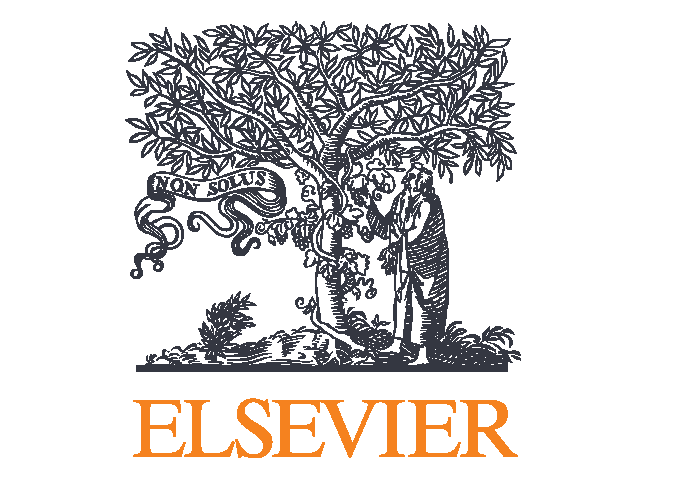1.What are the key reasons that physicians do not always use CPGs?
For physicians, nothing is more valuable than time.Thus for CPGs to truly be utilized by providers requires that several criteria are met. First, CPGs must be rapidly accessible (including on mobile devices) at all points of patient care and at all times. Second, search capabilities must be robust, so that the physician can quickly find information on patients suffering from multiple conditions.
Finally, the information must be both current, evidence-based, and from sources deemed credible by the physician.Until recently, technological solutions that met all of these criteria were not truly available, leaving physicians to rely on their own experience and training, as well as on website sources which did not necessarily provide current, credible, evidence-based information. Fortunately, today’s newer solutions can meet all of the necessary requirements to support physician use of CPGs, but it will take some time for physicians to adopt the available technologies.
2.Some physicians think that CPGs interfere with their professional judgement and clinical experience, how true is that?
Physicians do not wish to practice “cookbook medicine.” Nor is narrowly standardized clinical care in the best interest of patients.That said, the goal of CPGs is to reduce variability in care, reducing or eliminating unnecessary and potentially harmful care activities from the care plan. Thus, CPGs prevent the use of inappropriate care while allowing physicians to focus on providing the best care based not only on evidence, but also on their professional judgment and clinical experience.
3.How does quality of care get impacted when CPGs are not used?
All we need to do is look at the state of healthcare around the world to see the harm caused when CPGs are not used. Hundreds of thousands of patients die annually as a result of preventable medical errors, and millions are injured. In addition, the costs of care are spiraling out of control, as financial and human resources are wasted on care activities that bring no value or even harm patients. Reducing variability in care through the use of current, credible, evidence-based CPGs is critical to improving the health and healthcare of our populations.
4.How do CPGs help achieve be


















